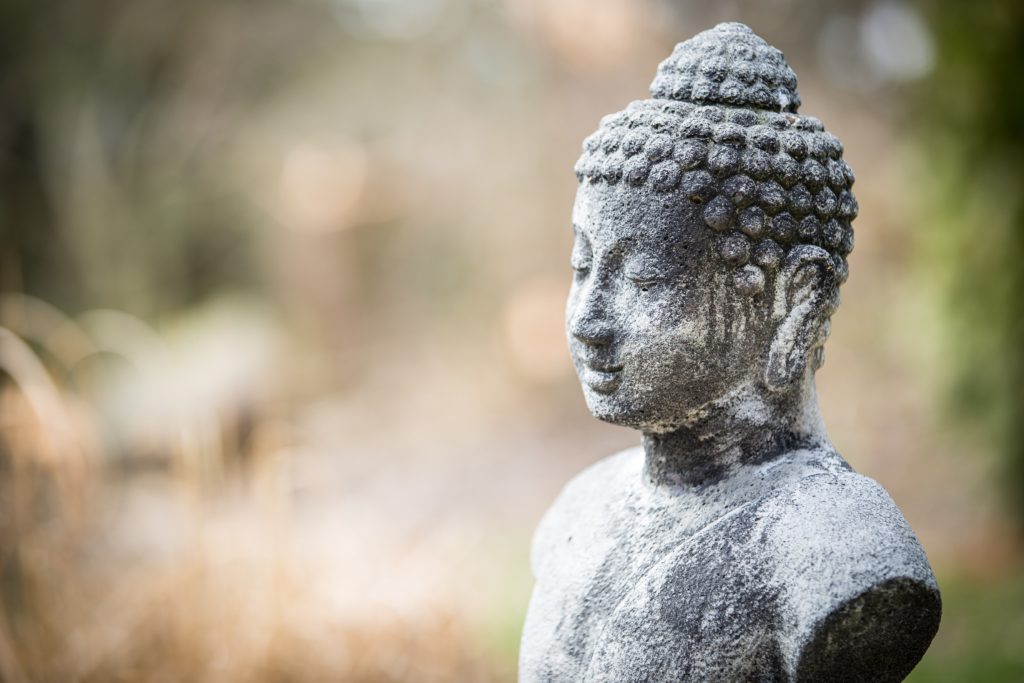
Celebrating Dalit History – Chinese Monk Faxian’s Travelogue
Today in Dalit History we turn to Faxian, the Chinese Buddhist monk who travelled by foot all the way from China to India, visiting many sacred Buddhist sites in what are now Xinjiang, China, Pakistan, India, Nepal, Bangladesh and Sri Lanka and between 399 and 412 to acquire Buddhist scriptures. His travelogue was named, A Record of Buddhist Kingdoms, Being an Account by the Chinese Monk Fa-Xian of his Travels in India and Ceylon in Search of the Buddhist Books of Disciplines. It was the first eyewitness account of the Buddhist practices and pilgrimage sites in Central and South Asia written in Chinese.
Faxian with Xuanzang, and Yijing were among hundreds of Chinese monks who made pilgrimages to India during the first millennium CE. Their writings were key historical texts that helped to document the nature of Buddhist doctrines, rituals, and monastic institutions in South, Central, and Southeast Asia. They also contained vital information about the social and political conditions in South Asia and kingdoms situated on the routes between China and India.
The travels of Buddhist monks and pilgrims and the simultaneous circulation of religious texts and relics not only stimulated interactions between the Indian kingdoms and various regions of China, but also influenced people living in Central and Southeast Asia. For the transmission of Buddhist doctrines from India to China was complex involving multiple societies and included missionaries, traders, artisans, and medical professionals.

A Map of Faxian’s Travel from http://afe.easia.columbia.edu/special/travel_records.pdf
Faxian’s account included the description of local Buddhist monasteries, the approximate number of Buddhist monks in the region, the teachings and rituals practiced by them, and the Buddhist legends associated with some of these sites.
He also wrote crucially about caste mentioning the “wicked” Chandalas. He wrote: “The Chandalas are called sinners. They live isolated from the rest of society, and when the enter a city, they must sound an alarm by striking a piece of wood to warn every one of their presence and enable the citizens to avoid running into them. The chandalas, fishermen, and hunters are the only sellers of animal flesh.”

Screencap from https://archive.org/stream/recordofbuddhist00fahsuoft#page/42/mode/2up/search/flesh
He further defined Chandalas as “butchers”, “wicked men”, and those who carry “the awful flag, to warn of their betters;- the lowest and most despised caste of India, members of which, however when converted were admitted even into the ranks of the priesthood.”
These writings confirm that between the origin of the Chaturvarnya (The Four Caste System ) and the time of Faxian’s travels Untouchability had originated and established itself within the subcontinental religion and culture as the fifth group that lay deeply repressed and firmly outside the system. Any attempts to assert that caste was not present before the British is in direct contradiction to these texts and they continue to be a rich source of evidence to Caste.
Read more here: http://afe.easia.columbia.edu/special/travel_records.pdf
https://archive.org/stream/recordofbuddhist00fahsuoft#page/42/mode/2up/search/flesh
From – Dalit History Month Collective



+ There are no comments
Add yours